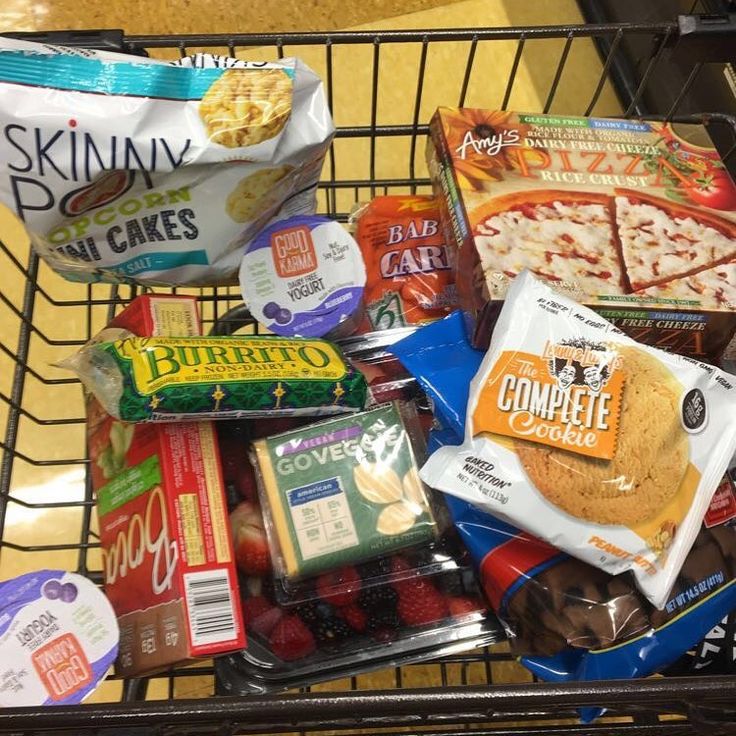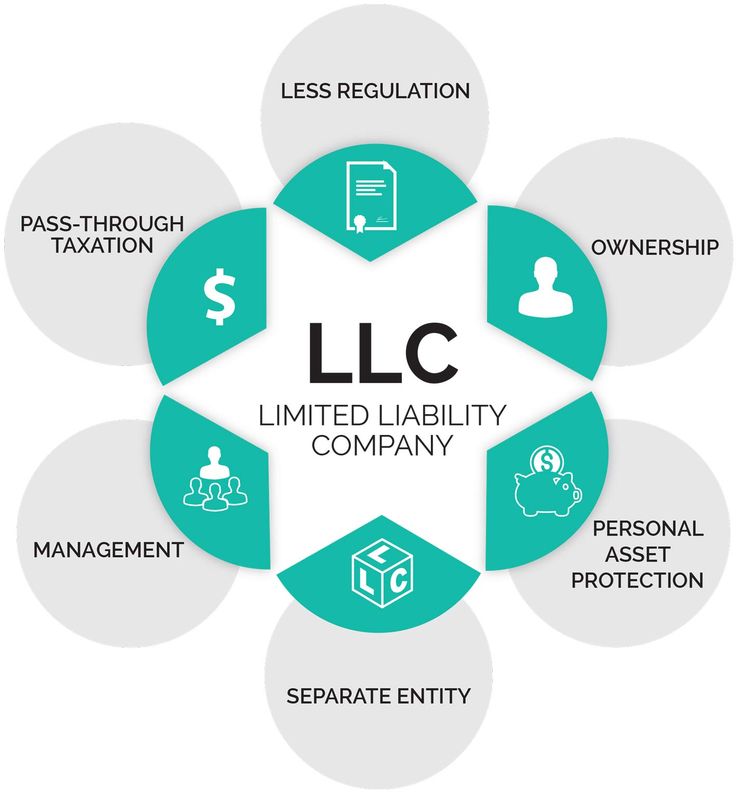How to Save on Organic Groceries and Snacks

If you've ever stood in the grocery aisle trying to justify paying twice the price for organic snacks, you're certainly not alone. We all want healthier choices—free from harsh chemicals and packed with nutrients—but the steep price tags can be quite the deterrent.
Thankfully, buying organic doesn't have to empty your wallet. In fact, with a bit of know-how, you can enjoy wholesome, organic foods without sacrificing your budget. Let's unpack some realistic strategies for saving serious cash next time you're shopping organically.
Understanding the Benefits of Organic Food
You might be wondering, "Is organic food really worth all this fuss?" While it can seem trendy and expensive at first glance, organic products truly have important benefits for your health and the environment.
Better Health and Nutrition
Studies suggest that organic produce can have higher nutrient levels—such as vitamin C, antioxidants, and minerals—because they're grown in nutrient-rich soils without synthetic fertilizers. Organic foods are also free from synthetic pesticides and harmful chemicals that conventional farming often relies on.
Good for the Planet, Good for Communities
Organic farming practices prioritize sustainability, biodiversity, and soil health, which in turn improves local ecosystems. By choosing organic, you're directly supporting better land management, cleaner water, and healthier farm communities.
Tips for Finding Affordable Organic Groceries
Buying organic can be surprisingly affordable if you know where and how to shop. Let's take a look:
Shop Smart: Explore Different Stores and Platforms
Don't limit yourself to big-box grocery store shelves. Consider checking out natural food stores, farmers' markets, or online buying clubs like Thrive Market or Misfits Market. These options often have better deals and special discounts on organic staples.
User Insight: “Since switching to a combination of our local farmers' market and online subscription boxes, we've cut our organic grocery bill by at least 30%. Plus, it's fun seeing what's fresh each week!” — Sarah, mom of two
Compare Prices and Look for Private Labels
Private-label organics, such as Trader Joe’s Organic line or Whole Foods 365 Organics, often have products that are just as healthy and tasty as bigger brands—but at a lower cost. Get familiar with various stores' organic brands and compare prices whenever possible.
Never Miss Discounts and Coupons
Always check grocery store apps and flyers for weekly organic specials or clip digital coupons. Apps like Ibotta or Fetch Rewards also help you get cashback rewards when purchasing certain organic items.
Budget-Friendly Organic Snack Ideas
Organic snacking doesn't have to mean pricey packaged foods. Here are some affordable and yummy home-prepared snack recipes you can easily make:
Organic Cinnamon-Spiced Apple Chips
Who It's For: Perfect for busy families or anyone needing a healthy, grab-and-go snack.
- Why It's Good: Easy to make, full of fiber, and doesn't have artificial additives found in packaged snacks.
- How to make it: Thinly slice organic apples, lightly dust with cinnamon, then bake on parchment-lined sheets at a low temperature (225°F) for about two hours until crispy.
Homemade Organic Trail Mix
Who It's For: Outdoor enthusiasts, students, health-conscious employees.
- Why It's Good: A wholesome, high-energy snack you can personalize to your taste and buy in bulk for extra savings.
- How to make it: Simply mix organic nuts, dried fruits, seeds, and dark chocolate chips. Store in small reusable containers for easy portion control.
Making the Most of Seasonal Produce
Buying organic produce that’s currently in season is a smart move. Not only is seasonal produce fresher, but it’s usually more affordable thanks to abundant supply.
Why Seasonal Produce Matters To You
- Lower Prices, Better Taste: In-season fruits and veggies cost less since supply is plentiful. Plus, you'll enjoy peak food quality and flavor.
- Supports Local Economies: Seasonal produce is often local, cutting down on transportation costs and environmental impact.
To find out what produce is in season near you, check farmers' market websites or use a helpful seasonal-produce app. Plan meals around these fruits and veggies to stretch your grocery dollars even further!
Meal Planning for Savings
Thoughtful meal planning saves you money, time, and food waste. Here’s how to use meal prep strategically:
Plan Weekly Menus Around Deals and Seasonal Offerings
Set aside one day per week to create a flexible meal plan based on current store deals or seasonal produce offerings. This strategic shopping lets you buy in bulk when items are cheaper or plan multiple meals around a single product.
Batch Cook Once or Twice a Week
Batch cooking organic stews, soups, chili, or casseroles can stretch meals, save precious time, and help you avoid expensive impulse purchases or takeout.
Freeze and Store Excess Properly
Got a big haul of seasonal veggies at great prices? Freeze or can them for later. Properly frozen organic produce retains nutrients and lets you enjoy budget-friendly foods year-round.
FAQs About Affordable Organic Groceries & Snacks
Is Organic Always Worth the Extra Cost?
This often depends on personal priorities. Organic is especially crucial for thin-skinned produce (such as apples or berries) or dairy and meats to avoid pesticides or antibiotics. For budget-conscious shoppers, prioritize organic choices using the EWG's Dirty Dozen™ list.
Can Shopping Online Really Save Money on Organic Food?
Yes! Many online retailers have fewer overhead costs and can thus offer better organic options at competitive prices. Subscribe and save options or digital discounts further sweeten the deals.
Which Organic Foods are Easiest to Buy on a Tight Budget?
Organic frozen vegetables, oats, certain fruits like bananas, carrots, and bulk grains or beans are generally budget-friendly. They're also versatile, healthy kitchen staples.
Final Thoughts: Prioritize Health and Budget Through Smart Organic Shopping
Saving money on organic groceries doesn't mean cutting corners or sacrificing health. Instead, it's about adopting smarter shopping habits, appreciating seasonal produce, meal prepping, and discovering simple homemade snacks that nourish your body and wallet.
Remember, investing in organic groceries and snacks isn't just another "trend." It's about committing to healthier living without financial stress. Why not start small, try batch-cooking your next meals, or exploring a seasonal produce recipe this week?
We'd love to hear your favorite tricks or experiences in saving money on organic food. Share your own tips or ideas below, and let's support each other in healthy, budget-friendly living!
Maybe You're Interested In Shopping At These Stores
About the Author: Halie Johnson
Halie Johnson is a Marketing Manager and the founder of RetailReviewHub, where she combines over a decade of experience in affiliate marketing and deal hunting to help users save money with confidence. With a deep understanding of consumer behavior and pricing strategy, Halie is dedicated to writing clear, unbiased product reviews and sharing the best deals across the web. When she’s not digging through coupon databases or analyzing offer performance, she enjoys testing products first-hand and writing savings guides that actually work. Follow Halie on her journey to smarter shopping!









